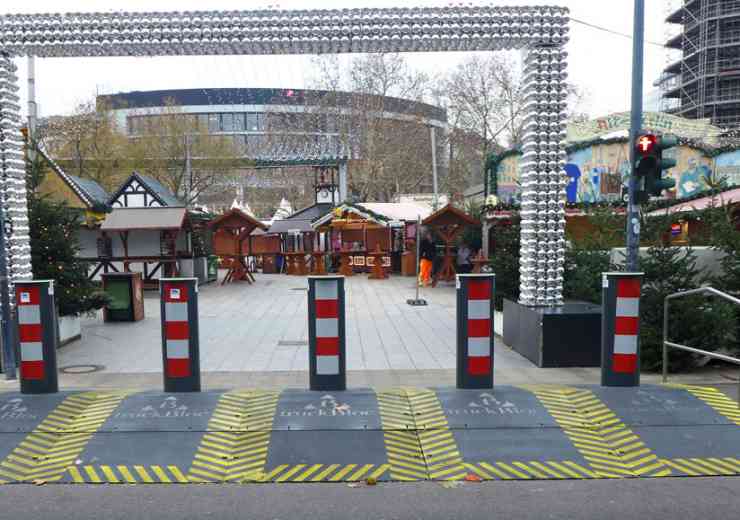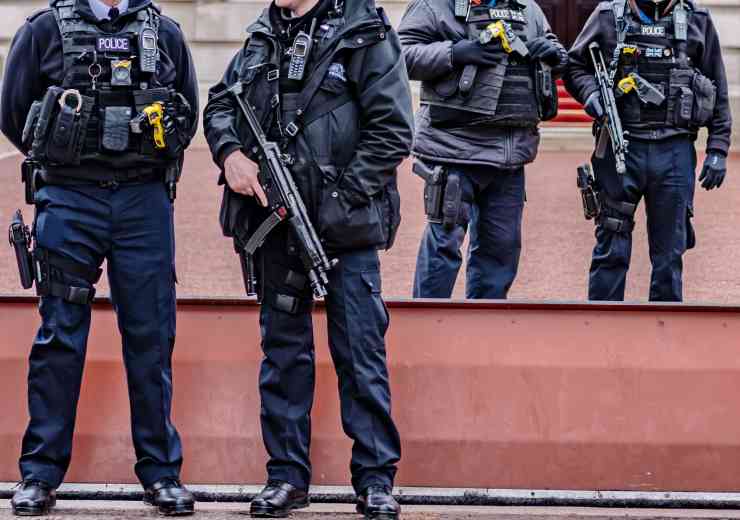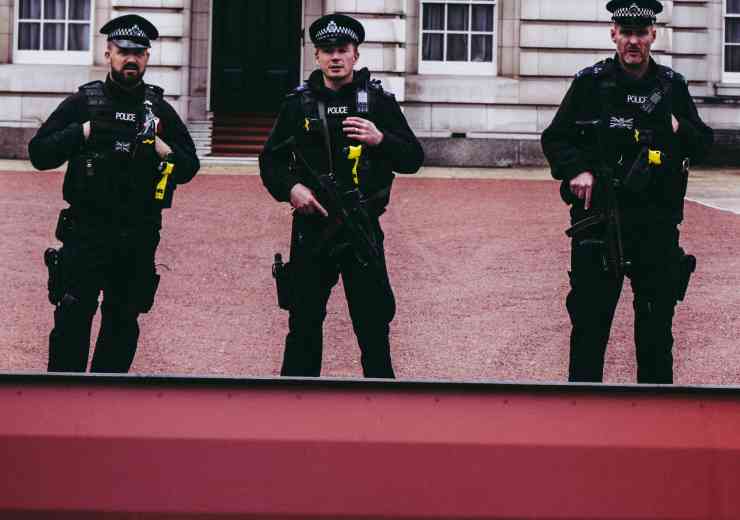Protecting the nation
 The attacks of 9/11 and the subsequent 7/7 London Underground bombings, 2009’s Jakarta bombings and last year’s conviction of a would-be suicide bomber who targeted a Bristol shopping centre, have all contributed to the instant change in the national security agenda and the Government’s response strategy. With this string of attacks having taken place, the concept of homeland security has drawn the Government and private security industry close together in their efforts to protect the nation. The UK has rarely faced such an extended threat to terrorism and whilst the threat level was reduced from severe to substantial last year, a terrorist attack is still a strong possibility. With terror threats not only originating from within the UK but also from abroad, there is even more of a need for extra vigilance and heightened security. Securing the nation is now more challenging than ever before.
The attacks of 9/11 and the subsequent 7/7 London Underground bombings, 2009’s Jakarta bombings and last year’s conviction of a would-be suicide bomber who targeted a Bristol shopping centre, have all contributed to the instant change in the national security agenda and the Government’s response strategy. With this string of attacks having taken place, the concept of homeland security has drawn the Government and private security industry close together in their efforts to protect the nation. The UK has rarely faced such an extended threat to terrorism and whilst the threat level was reduced from severe to substantial last year, a terrorist attack is still a strong possibility. With terror threats not only originating from within the UK but also from abroad, there is even more of a need for extra vigilance and heightened security. Securing the nation is now more challenging than ever before.
In order to prepare and remain focused on the fight against terrorism, CONTEST and its supporting strategy on science and technology were written by the Office of Security and Counter-Terrorism (OSCT). These policies are of immense significance to the private security industry and, perhaps for the first time, ‘official recognition is given to the fact that the private sector has a huge role to play in countering terrorism in this country’. Through these strategies, the OSCT is encouraging a cross-government approach to identify and prioritise counter-terrorism requirements and to share them with the private sector in order to encourage the best solutions to meet the UK’s needs.
The UK is the leading innovator in the design and manufacture of defence and security equipment and therefore can contribute greatly to the development of scientific and technological solutions to counter terrorist activity. Through comprehensive training in initiatives such as Project Griffin and Project ARGUS, not to mention practical experience demonstrated through the brave actions undertaken by security officers in the wake of 7/7, the security guarding sector’s contributions to securing our communities in demanding situations has been well proven. The OSCT wants to ensure that these combined capabilities are pulled into the counter-terrorism domain so that solutions to problems are delivered and exploited effectively. To achieve this, the Government is now committed to work with the private sector to ensure that providers know what is needed and understand how to put innovative solutions forward.
Developed in 2003, CONTEST – the Home Office’s counter-terror strategy – laid the groundwork for increased collaboration between the public and private sectors, encouraging Government and industry to work together proactively to counteract the threat of terrorism. Revised in 2009, CONTEST continues to be the main platform for delivering the internal counter-terrorist strategy.
CONTEST recognises the vital role that the private sector plays in this strategy, particularly in securing crowded places and ensuring the safety of the UK’s critical national infrastructure (CNI). At present, the CNI is protected, provided and guarded almost entirely by the private sector, as are crowded places such as shopping centres, which could potentially be subject to terrorist attacks. In addition to counter terror efforts, resilience planning is also key to protecting the Critical National Infrastructure should a natural disaster – such as flooding – occur.
CONTEST is split into four key elements: Pursue, Prevent, Protect and Prepare. In each of these areas the private security industry can contribute. For example, under Protect the private sector is a key partner in delivering security enhancements across the national infrastructure, transport system, crowded places and hazardous sites. With the majority of the sites and assets that the Government is seeking to protect in the ownership of the private sector, it is vital that Government works in close partnership to identify proportionate programmes of security enhancements.
The private security industry can also show its commitment to CONTEST through the UK Security and Resilience Industry Suppliers’ Community (RISC) of which the BSIA is one of the three founder trade associations. RISC was established as a mechanism by which government engage with industry and is formed from industrialists, the three major trade associations (ADS, BSIA and Intellect) and academia. It plays a key role in ensuring that the dialogue between government and the industry is regular and effective. Through RISC, five joint Industry Advisory Groups have been established in conjunction with the OSCT in areas of particular importance to the CONTEST strategy and these cover: chemical, biological, radiological, and nuclear (CBRN) critical national infrastructure, information and communication technology (ICT), detection of suicide bombers and Olympic security. The purpose of these five groups is to better exploit Government funded research, develop Government requirements, focus private sector investment and enable access to innovation.
In joining counter-terrorism efforts the private security industry will clearly play a fundamental part in strengthening the protection of terrorist targets, including business interests, transport and essential services. Looking ahead to 2012 when the UK will be hosting the Olympic and Paralympic Games, the private security industry will play a vital role in securing the nation. Planning is already well underway to ensure that the country is focusing on how it can best protect itself from attack.
The BSIA and its members understand the important role they have to play in making the CONTEST strategy become a reality and will seek to contribute all the elements which are dependent upon the private sector to deliver. To learn more about the CONTEST strategy, visit www.security.homeoffice.gov.uk/counter-terrorism-strategy and to find out more about the BSIA, visit www.bsia.co.uk
The British Security Industry Association (BSIA) is the professional trade association of the UK security industry. Its members produce over 70 per cent of the country’s security products and services to strict quality standards. For further information, visit www.bsia.co.uk or call 0845 389 3889.
About the author
David Evans is a director for the British Security Industry Association (BSIA). David is directly responsible for focusing the work of the BSIA for the 2012 Olympic Games and is heavily involved in the planning for London 2012. His role involves fostering an environment whereby the Association’s members are recognised as the leading resource for private security services in the UK and ensures that BSIA members are fully aware of the opportunities available to them by keeping them up-to-date with the latest developments in the run up to the Games through face-to-face meetings.
digital issue




















